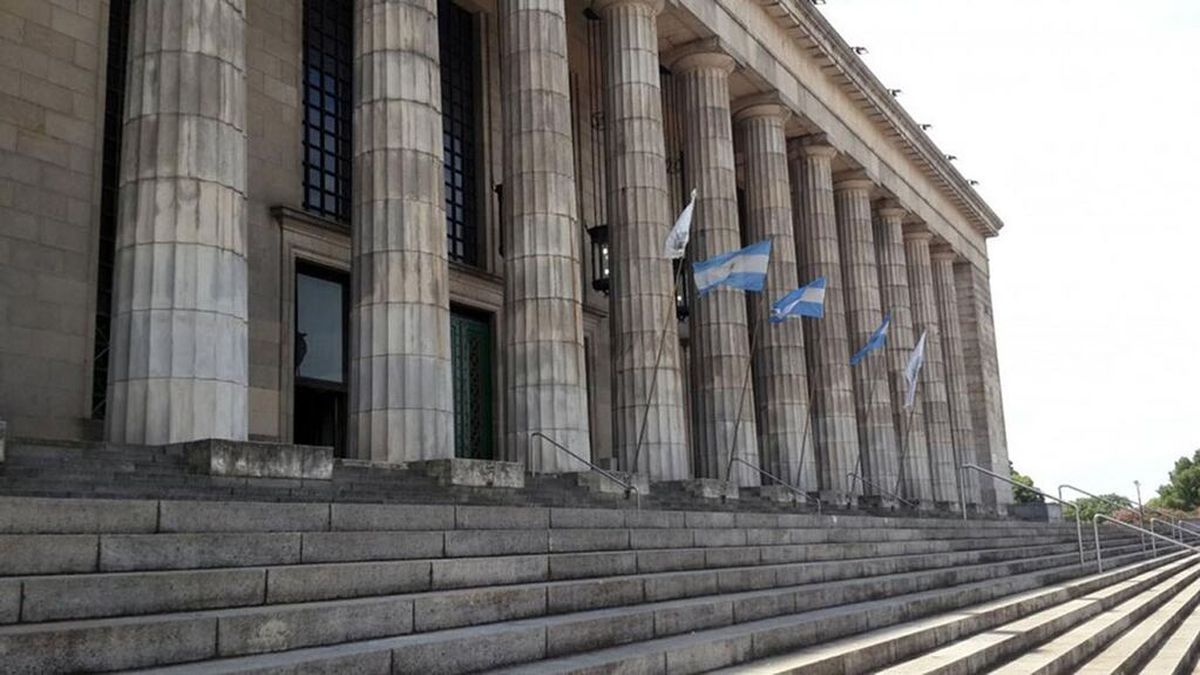However, this did not stop the official intention to ensure that public funds are used transparently.
With this purpose of “guaranteeing transparency in the use of public resources through unified standards and systems,” the Ministry of Human Capital together with the Ministry of Deregulation issued four DNUs.
The new provisions seek to modify the regulations on purchases, contracting and budget transparency in public universities. In addition, the possibility of making direct contracts with Universities or with natural or legal persons that are registered in the National Registry of Local Development and Social Economy Effectors is eliminated.
The initiative is the obligation to use different national public administration systems: COMPR.AR, CONTRAT.AR and e-SIDIF.
Implementation
National universities must adopt electronic systems such as COMPR.AR and CONTRAT.AR for purchases and contracting.
“Today about 35 universities already use these systems but they represent more or less half, the ideal would be 100% of them in the universities“, he clarified Alejandro Álvarez, Undersecretary of Education. ““Those that remain outside the system undermine transparency and due accountability in the use of public resources,” he asserted.
Another system that not only universities but all organizations must use is the e-SIDIF System: They must also use the Integrated Internet Financial Information System (e-SIDIF) for the administration of their resources, promoting digitalization, security and speed in processes.
Hiring
The possibility of direct contracting between public departments and universities is also eliminated, unless they prove to be the only available supplier.
“This measure ends an unreasonable privilege that violates the public interest and transparency in public purchases,” They explain in the government.
In this regard, Maximiliano Fariña, Secretary of State Transformation and Public FunctionI point out: “Between 2022 and 2023 alone, more than 2,000 agreements were signed between the Jurisdictions and the National Universities and/or faculties. These agreements have diverse objectives, including consulting services, technical assistance, collaboration, research and auditing.”
The Ministry of Human Capital observed that “the number and diversity of agreements concluded allows us to demonstrate that the use of the selection procedure by direct contracting with National Universities has proliferated in an unreasonable manner, which contradicts its exceptional nature.”
The objective sought by the authorities is that “Universities stop being a privileged consultant to the State in general. These types of agreements, which were the most questioned, were used to finance politics and evade controls.”
With these provisions the “Public universities will be formally included in the regulations that regulate financial administration and electronic contracting of the State.” The implementation, they clarify, will be gradual.
Maximiliano Fariña.jpeg
Maximiliano Fariña, Secretary of State Transformation and Public Function.
Argentina.gob.ar
Autonomy
“Universities have total autonomy to spend their budget and that is respected and no one questions it,” Fariña asserts, while clarifying “The funds are from the Public Administration, which are applied within the Financial Administration Law, they are entities that are part of the Public Administration and, therefore, have to have the same transparency and control processes as any other entity”, emphasizes the Deregulation official.
They reiterate in the government that the measure does not affect university autonomy, that there is no attempt to “interfere in the autonomous decisions of universities, but rather to guarantee transparency in the use of public resources and improve accountability.”
Endurance
In the event that the UBA or another University refuses, both Fariña and Álvarez explained that they are bound by the Public Administration Law.
It is established by Law 24,156 of Financial Administration, in its article 2 and in article 8 it specifically includes universities, the officials explain.
““There will come a time when the UBA will have to accept that Argentina has a Constitution, it has a legal system that it has to abide by,” says Alvarez. “It cannot be that we have the National Constitution, the Higher Education Law but the UBA has its own system “that has its own legal system, that is, the law interprets it according to its own benefit.”
“We cannot have first-class organizations and second-class organizations,” says Fariña. “These measures also apply to other non-governmental entities or trust funds.”
The Ministry of Human Capital, the Ministry of State Transformation, the Secretary of the Treasury and the National Contracting Office participate in the process of adaptation to these regulations. Precisely the 4th decree is of a technical and formal nature and will focus on adapting the State contracting regulations to the changes introduced by the 3rd. decree, ensuring the operation of the new regulations.
Source: Ambito




